In no other product category is spoilage and thus waste as high as in overseas goods such as bananas, mangos, avocados and co. Due to the long transport routes, tons of fruit exotics end up in the garbage can every year, whether by the consumer or during the supply chain. AgroSustain SA, which was founded in 2018 as a research project of the University of Lausanne, now wants to change this by means of an innovative coating process.
"Our vision is to naturally extend the shelf life of produce, offering added value to both retailers and consumers by reducing spoilage and thus food waste by up to 40 to 50 percent," says company founder and CEO Olga Dubey. With Giovanelli, one of the leading fruit importers in Switzerland and an early adopter, a well-known company has already been convinced.
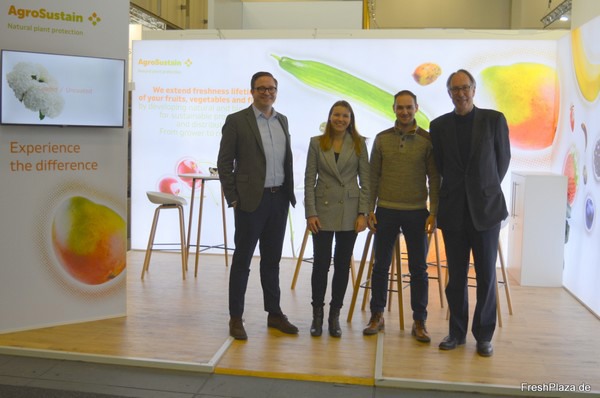
AgroSustain exhibited for the first time this year at Fruit Logistica in Berlin. The young company will also exhibit at Fruit Attraction in Madrid in October. In the picture: Raphael Weiss (left) and Olga Dubey together with colleagues.
Distribution and application
AgroSustain offers a holistic approach to solutions for both European importers and producers at origin, particularly Latin America and Africa. "The response at Fruit Logistica clearly showed that anyone involved in long-distance fruit trade is interested in our coating. However, our initial focus is on Europe, partly due to our location in Switzerland, as well as the important growing countries in Latin America and Africa. In the meantime, we have already been able to win over users in Switzerland, Germany, France and the Netherlands for our concept," explains Dubey.
The edible and invisible protective coating can be applied to the fruit in different ways, for example as a spray or by water immersion. Dubey says, "The coating is already being used successfully on more than 20 different products, not only cut flowers, exotics and bananas, but also cherries and stone fruit. The next step is to apply it to a wide variety of vegetables. We are now waiting for the final certification."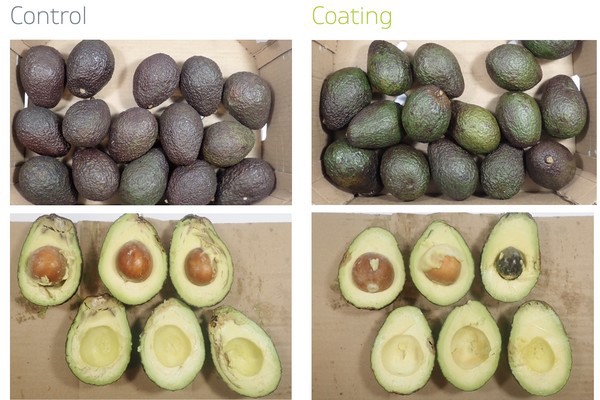 AgroSustain has been proven to reduce spoilage and water consumption while maintaining the same Brix values and optical qualities. In the picture: untreated (left) and treated avocados.
AgroSustain has been proven to reduce spoilage and water consumption while maintaining the same Brix values and optical qualities. In the picture: untreated (left) and treated avocados.
Efficiency and effectiveness
After the initial positive discussions and test runs, the use of the coating was quickly scaled up, Weiss says looking back. Weiss says, "I particularly liked the fact that it was a Swiss start-up, which is also supported by Agroscope. The first results, i.e. the efficiency and effectiveness, surprised us positively. What also speaks particularly in favor of the solution is that controlled ripening of the fruit is possible despite coating."
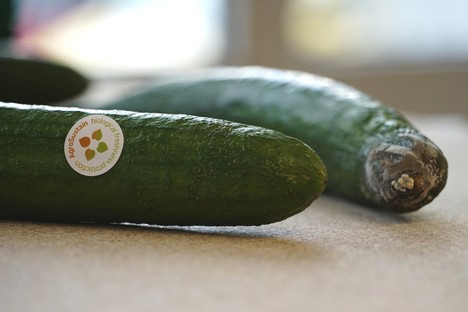
The coating line is currently being integrated into the existing work processes. "The conversion to a standard process represents the next step toward commercialization of coating. However, for now, this is not being communicated on a large scale. Our approach is to introduce the process step by step product by product. When putting it into practice, various factors have to be taken into account, in particular the climatic conditions at origin. These have an influence on the degree of ripeness and thus also on the production process. We have already succeeded in doing this with avocados and mangoes, and we are in various trial phases with papayas and passion fruit."
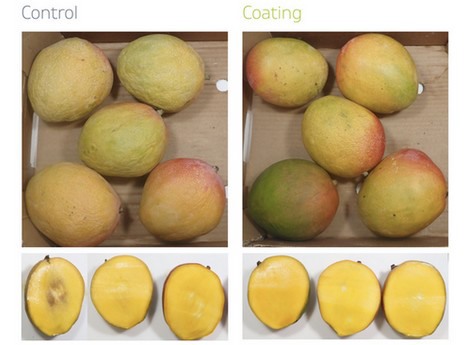
Untreated (left) and treated mangoes.
"I could also well imagine implementing AgroSustain on other products in the future. We also recommend the system without obligation to our overseas suppliers by educating them about the advantages over other solutions." According to Weiss, the same will later apply to communication with buyers. "Especially in retail, I see a huge potential, just because of the reduced markdowns at the POS," he concludes.
Images: AgroSustain SA
Further information:
Olga Dubey
AgroSustain SA
Rue de Lausanne 64
1020 Renens
+41 786 40 15 57
[email protected]
www.agrosustain.ch
Raphael Weiss
Giovanelli Fruchtimport AG
Schaffhauserstrasse 200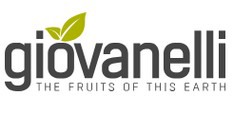
CH-8500 Frauenfeld
T +41 52 728 09 09
F +41 52 728 09 00
[email protected]
www.giovanelli.ch










